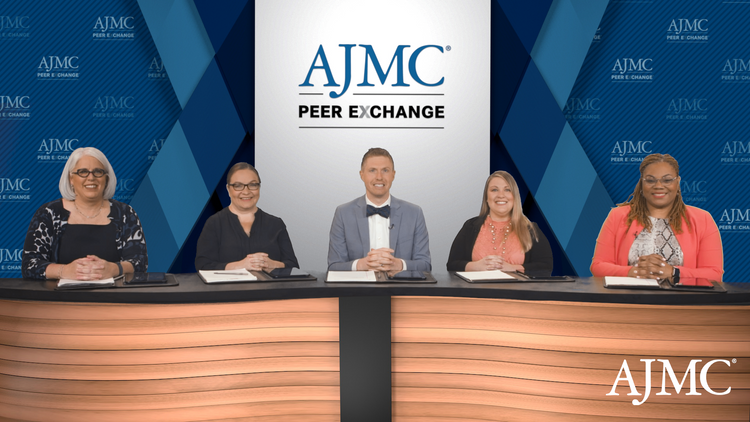Key Takeaways for Immunizing against RSV

In their closing thoughts, the panelists provide their key takeaways regarding immunizing against RSV.
Adam C. Welch, PharmD, MBA, FAPhA: We talked about a lot of information during this Peer Exchange. I want to give everyone an opportunity to provide some closing remarks. Dr Feltner, what’s on your mind?
Marty J. Feltner, PharmD: With the addition of the RSV [respiratory syncytial virus] vaccine in the adult platform, I’m excited to be able to have another tool that we can provide our older patients, especially in the long-term care settings that my career path is in, where we can help prevent RSV outbreaks. I’m really excited about the benefits it’s going to provide our patients in those settings.
Adam C. Welch, PharmD, MBA, FAPhA: Dr Singleton?
Abby Lynne Singleton, PharmD, BCPS: Considering the many barriers and worries that we have about these RSV vaccines, I think that there’s so much hope and promise with these coming out. I’m excited. I’m looking forward to seeing my parents and loved ones protected by this vaccine, so I think keeping that as protection and making sure that we’re all being proactive in order to make sure that patients get the access and the care that they need to prevent RSV is so important.
Adam C. Welch, PharmD, MBA, FAPhA: Dr Mascola?
Laurene Mascola, MD, MPH: I’m excited about this vaccine. I think we’re doing exactly what we need to be doing here talking about this vaccine; the fact that it has some very good efficacy results in the older population. I think the information on safety still is being gathered, especially as we do some more postmarketing surveillance. As we vaccinate more individuals, we’ll have more ability to talk about the safety of the vaccine, which is important both the safety and the benefits and the risks of the vaccine. But right now, I’m optimistic that we have a great vaccine that is very efficacious in preventing disease in this population, and that we’re going to be doing a lot of postmarketing surveillance to ensure its safety.
Adam C. Welch, PharmD, MBA, FAPhA: The RSV vaccine is really the first new vaccine since COVID-19 that is coming out. COVID-19 has just put a drain on all of us in the health care system, and on patients. They’re not getting their routine vaccinations the way they used to prior to the COVID-19 pandemic. So, it’d be interesting to see how the health care system handles these new vaccines as they become available.
We already talked about how the timing of the approval and the recommendations of the vaccine will overlap with the RSV season. So, it’s going to be important for insurance payers to act quickly. It’s going to be important for providers to act quickly. It’s going to be important for patients to act quickly to get protected from RSV. Six thousand to ten thousand older adults die every year due to RSV infection, so there’s a need to prevent this disease. It’s not just a pediatric disease; the vaccine is for older adults and it’s for everyone who may be a carrier of RSV and to protect those who are less able to fight off the infection. We have got to target our folks with chronic medical conditions, chronic lung conditions, chronic heart conditions, and immunosuppression and get them educated and vaccinated against RSV. It’s going to be a burden on health care providers because of COVID-19 vaccine recommendations and influenza recommendations. It’s going to be a burden on insurance payers because of the timing of this, but it’s all important for the betterment of public health.
So hopefully this Peer Exchange has been able to provide some awareness about RSV, and what’s to come in the pipeline so that we’re ready to mobilize our health care teams and insurance payers to support our patients. Thank you so much for participating and to our viewing audience, we hope you found this American Journal of Managed Care® Peer Exchange to be rich and informative.
Transcript edited for clarity.





































